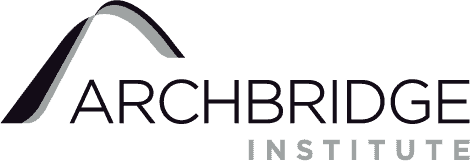Entrepreneurship, Innovation, and Job Creation
Make a Donation
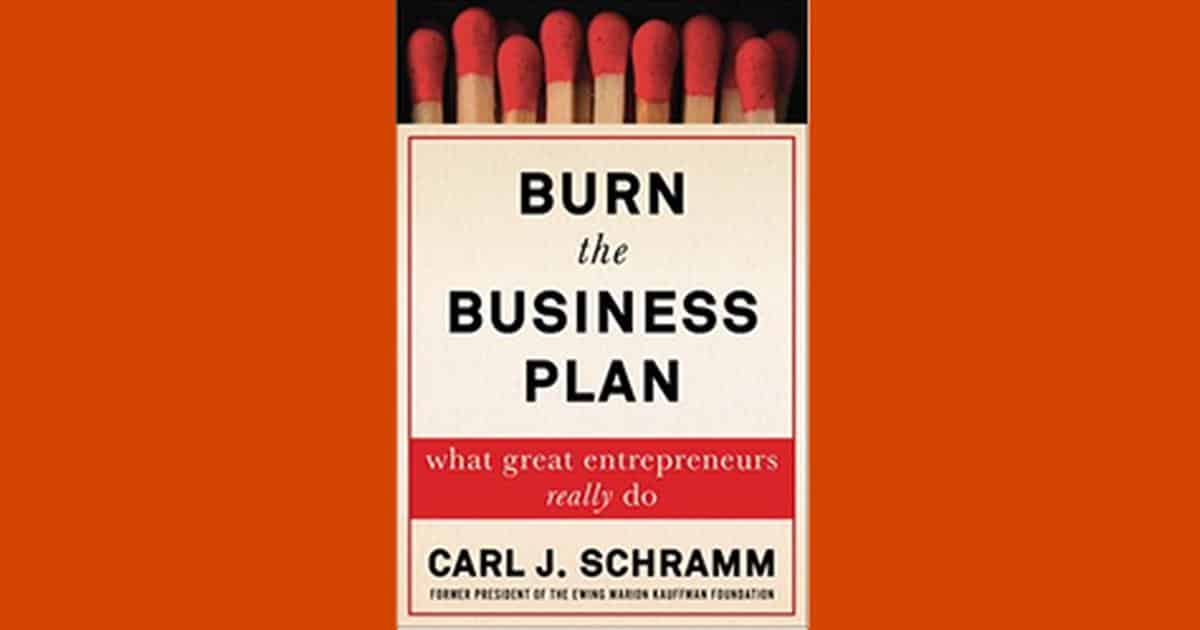
The Best Way to Learn is to Do
As a nonprofit entrepreneur and consultant to think tanks looking to implement industry best practices, I’ve always used and recommended writing a business plan. However, after founding a public policy think tank, the Archbridge Institute, I’ve come to realize that despite the hypothetical importance of business plans grit and a belief that you have some good or service that the world wants ultimately drive success. This applies to both for profit and nonprofit enterprises.
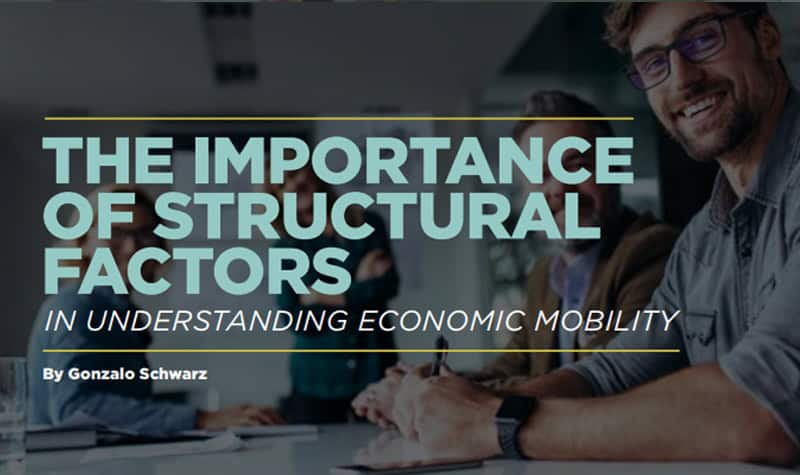
The Importance of Structural Factors in Understanding Economic Mobility
Gonzalo Schwarz, president and CEO of the Archbridge Institute, reviews the literature and examines recent studies on the importance of structural factors in understanding economic mobility. He finds that the analysis raises quite a few questions and notes that expanding the opportunity to climb the income ladder should be the main focus of the inequality and mobility debate.

California’s Two Strikes Against Economic Opportunity
Ben Wilterdink, Archbridge Institute Director of Programs, explores how the California Legislature recently missed two opportunities to boost economic mobility in recent post on Medium.

Reviving the American Dream is Going to Require Licensing Reform
Professors Brian Meehan of Berry College and Edward Timmons of St. Francis University write in The Hill about their latest study, Too Much License? A Closer Look at Occupational Licensing and Economic Mobility. The states have increased their occupational licensing requirements to different extents over the past two decades, but has it had an affect on economic mobility?
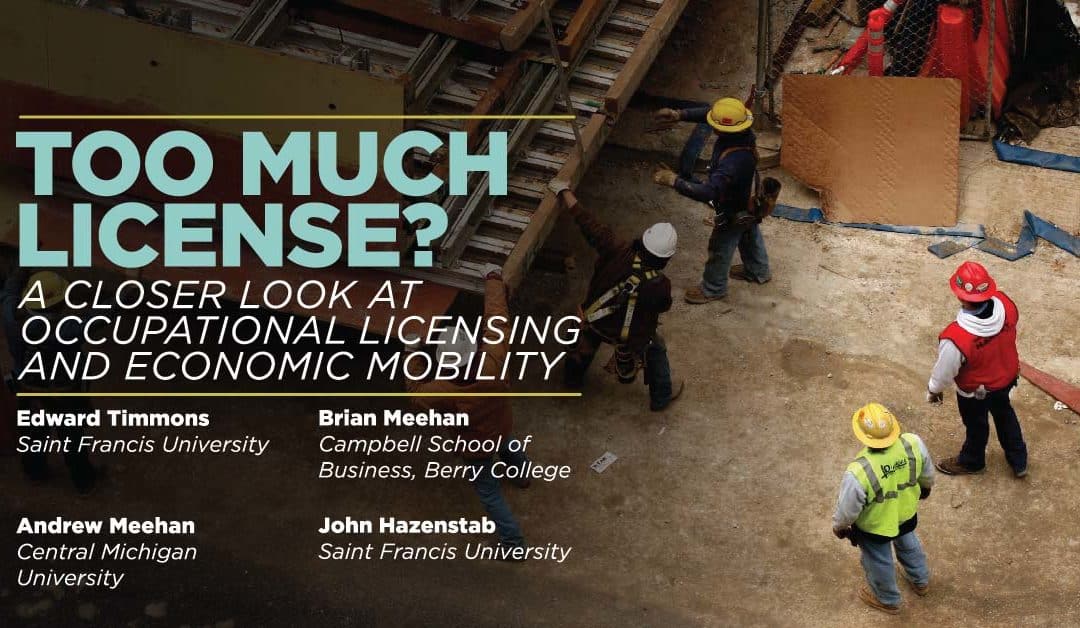
Too Much License?
Is occupational licensing preventing individuals from earning more than their parents? Professors Edward Timmons and Brian Meehan together with researchers Andrew Meehan and John Hazenstab take a closer look at this question to discover how recent increases in occupational licensing requirements are associated with economic mobility.
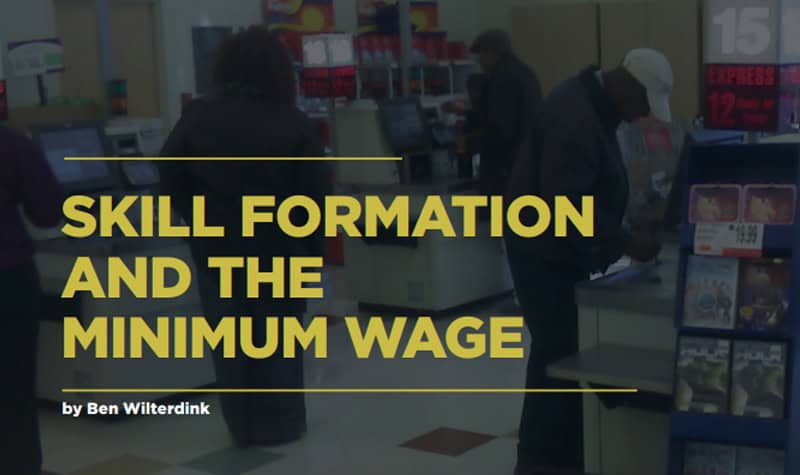
Skill Formation and the Minimum Wage
Director of Programs Ben Wilterdink reviews the literature and examines recent studies on the connections between minimum wage increases, the availability of entry-level work, and trends in teenage employment. He finds that the current discussions about increasing the minimum wage overlook some far-reaching consequences for individuals and their ability learn the skills needed for future economic success.

Interstate compacts aren’t the right way to fix occupational licensing laws
In a Wall Street Journal op-ed, Secretary of Labor Acosta and South Dakota Governor Daugaard outline their plan for interstate compacts that allow holders of an occupational license in one state to receive a temporary license for that occupation when moving to another state within the compact. Archbridge Director of Policy Research Ben Wilterdink explains why this does nothing to resolve the barriers to mobility caused by occupational licensing.
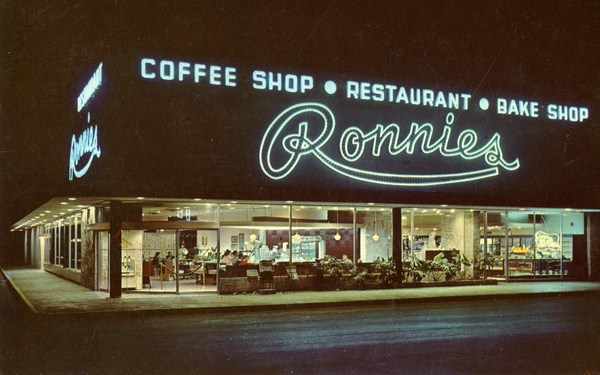
Calling All Entrepreneurs to Rekindle the American Dream
Entrepreneurship and economic mobility go hand in hand. Policy solutions aimed to alleviate poverty should take into account the power of entrepreneurship in allowing people the opportunity to climb the income ladder. President and CEO Gonzalo Schwarz makes this case utilizing the latest research.
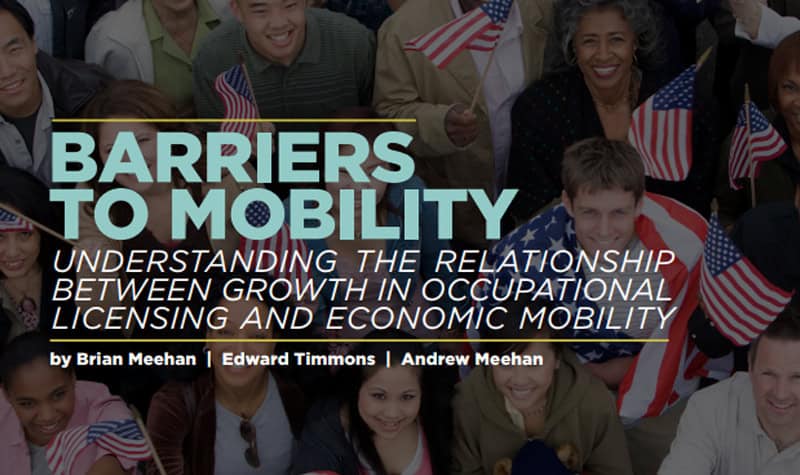
Barriers to Mobility
In “Barriers to Mobility: Understanding the Relationship Between Growth in Occupational Licensing and Economic Mobility,” economists Brian Meehan, Edward Timmons, and Andrew Meehan track the state-by-state growth in low- to moderate-income occupations requiring a license from 1993 to 2012 and compare it to rates of economic mobility. The researchers conclude that, although further research is needed, there is evidence to suggest that the growth in occupational licensing requirements negatively affects economic mobility.
The Archbridge Institute is a non-partisan, independent, 501(c)(3) public policy think tank. Our mission is to lift barriers to human flourishing.
Archbridge Institute
1367 Connecticut Avenue NW, Suite 200,
Washington, DC 20036
